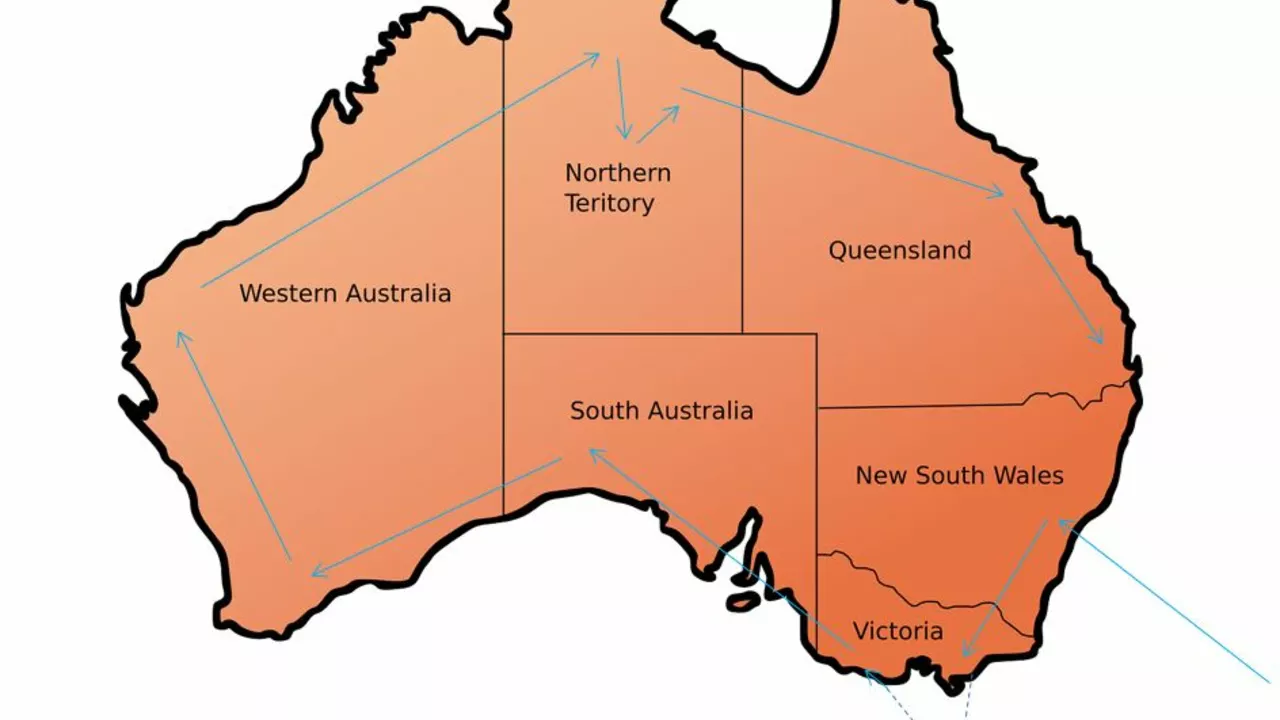India is a vast and diverse country, and like all countries, it has its fair share of problems. From poverty and social inequality to infrastructure and education, there are many issues that Indians face on a daily basis. But what are the most common day-to-day challenges that Indians face?
One of the biggest day-to-day challenges faced by Indians is poverty. India is home to one-third of the world’s poor, and many Indians are unable to access basic amenities such as clean water, sanitation, and healthcare. This lack of access to basic necessities has a huge impact on the lives of many Indians, and it is a challenge that needs to be addressed urgently.
A second major challenge faced by Indians is unemployment. India’s unemployment rate is currently at 6.1%, which is higher than the global average. This means that millions of Indians are unable to find jobs, which has a huge impact on the country’s economy. This is a problem that needs to be addressed in order to improve the lives of millions of Indians.
A third major challenge faced by Indians is the lack of access to education. India has the largest population of illiterate people in the world, with only around 65% of Indians having access to education. The lack of access to education means that many Indians are unable to get the skills they need to find jobs and improve their lives. This is a problem that needs to be addressed in order to improve the lives of millions of Indians.
Finally, a fourth major challenge faced by Indians is the lack of access to infrastructure. India is home to some of the most underdeveloped infrastructure in the world, with roads, bridges and railways in need of significant upgrades. This lack of infrastructure has a huge impact on the lives of many Indians, and it is a challenge that needs to be addressed in order to improve the lives of millions of Indians.
These are just some of the most common day-to-day challenges faced by Indians. While these issues are complex and difficult to address, it is important to recognize them in order to create solutions that can improve the lives of millions of Indians.
Technology has come a long way in India, and it has been a great boon to everyday Indians. From communication to banking to transportation, technology has made life easier and more efficient. But it has also helped to address some of the more mundane and everyday problems that Indians face.
For instance, the use of mobile phones has made communication easier and more affordable. It has also enabled people to access a range of services, such as banking and travel, more conveniently. This has been a great boon for those living in rural and remote areas, who previously faced a lot of difficulties in accessing these services.
Another example is online shopping. This has allowed people to purchase goods from the comfort of their own homes, without having to worry about travelling to markets or dealing with long queues. This has been particularly helpful for those living in cities, where access to shops may be limited.
Technology can also help to improve access to healthcare. Through mobile health apps, people can access medical advice and connect with doctors, even if they are living in remote areas. This has helped to reduce the burden on the healthcare system, and has enabled more people to access the care they need.
Finally, technology has been instrumental in helping to improve education in India. Through the use of mobile apps and online platforms, students can attend virtual classes, access educational resources, and even take exams. This has enabled more people to pursue education, regardless of their location or financial constraints.
Overall, technology has been a great boon for everyday Indians. It has enabled them to access a range of services more conveniently, and has helped to address some of the more mundane and everyday problems they face.
Living in India can be a challenge for many, as the country is faced with a variety of day-to-day problems that can have a significant impact on quality of life. From lack of access to basic amenities such as clean water and sanitation, to the lack of access to proper healthcare and education, the day-to-day problems faced by Indians can have long-term consequences. In this blog post, we’ll examine some of the impacts that day-to-day problems have on Indian quality of life.
The first and most obvious impact of day-to-day problems is a lack of access to basic amenities. While India has made great strides in providing basic amenities such as electricity, clean drinking water, and sewage systems to its citizens, there are still millions of people who lack access to these basic services. This lack of access to basic amenities can lead to a host of health problems, particularly among children. For example, lack of access to clean drinking water can lead to waterborne illnesses, while lack of access to proper sanitation can lead to the spread of diseases such as cholera.
Another impact of day-to-day problems is the lack of access to proper healthcare. While India has made great strides in providing healthcare services to its citizens, there are still millions of people who lack access to proper healthcare. This lack of access can lead to a variety of health issues, including malnutrition, infectious diseases, and chronic illnesses. Additionally, the lack of access to proper healthcare can lead to a higher mortality rate, particularly among children and the elderly.
Finally, day-to-day problems can also lead to a lack of access to proper education. While India has made great strides in providing education to its citizens, there are still millions of people who lack access to proper education. This lack of access can lead to a variety of issues, including an inability to compete in the job market, a lack of life skills, and a lack of understanding of important social issues. Additionally, the lack of access to proper education can lead to a higher rate of poverty and inequality.
Overall, day-to-day problems can have a significant impact on Indian quality of life. From lack of access to basic amenities and healthcare, to the lack of access to proper education, the day-to-day problems faced by Indians can have long-term consequences. In order to ensure that all Indians have access to the same quality of life, it is essential that the government takes action to address these issues.



